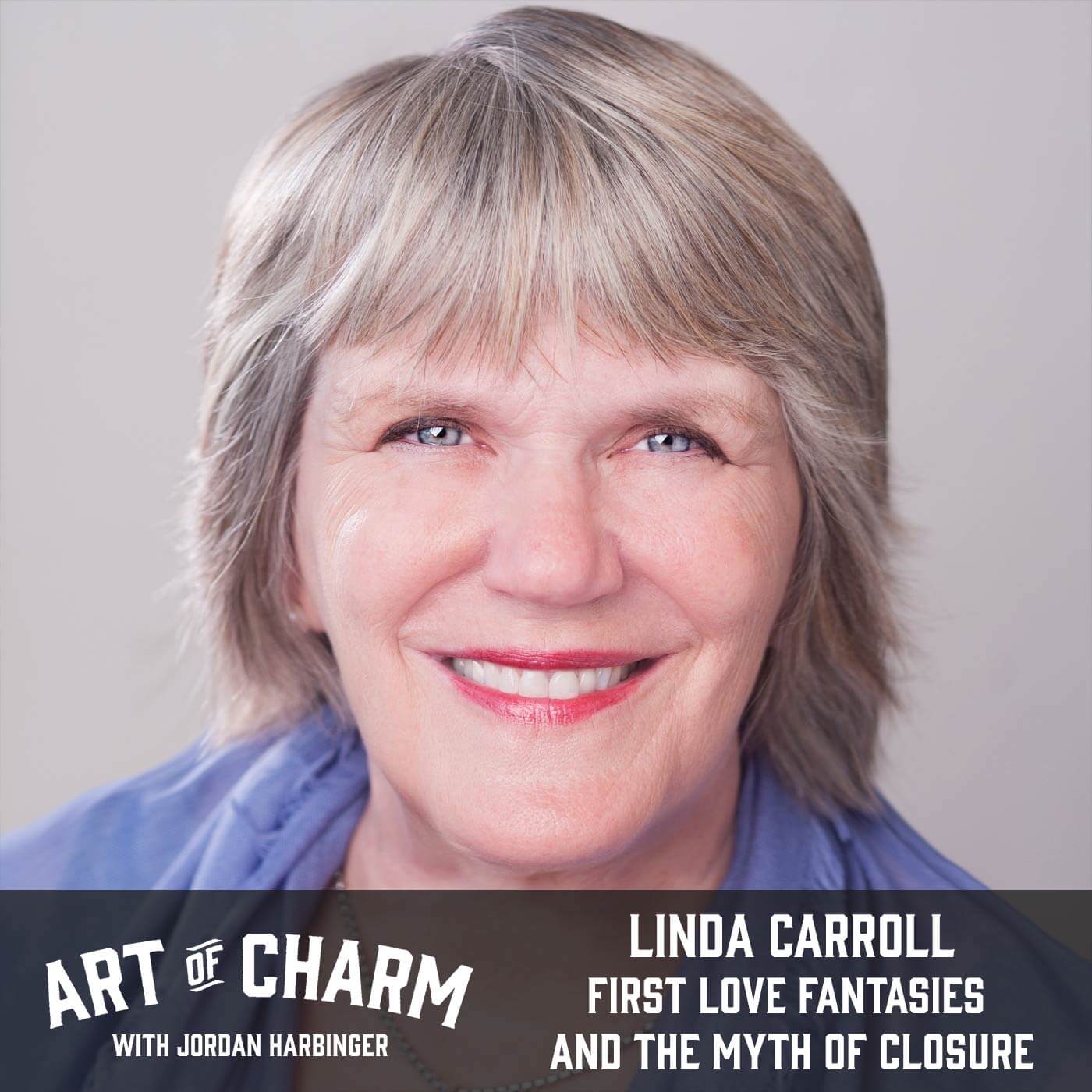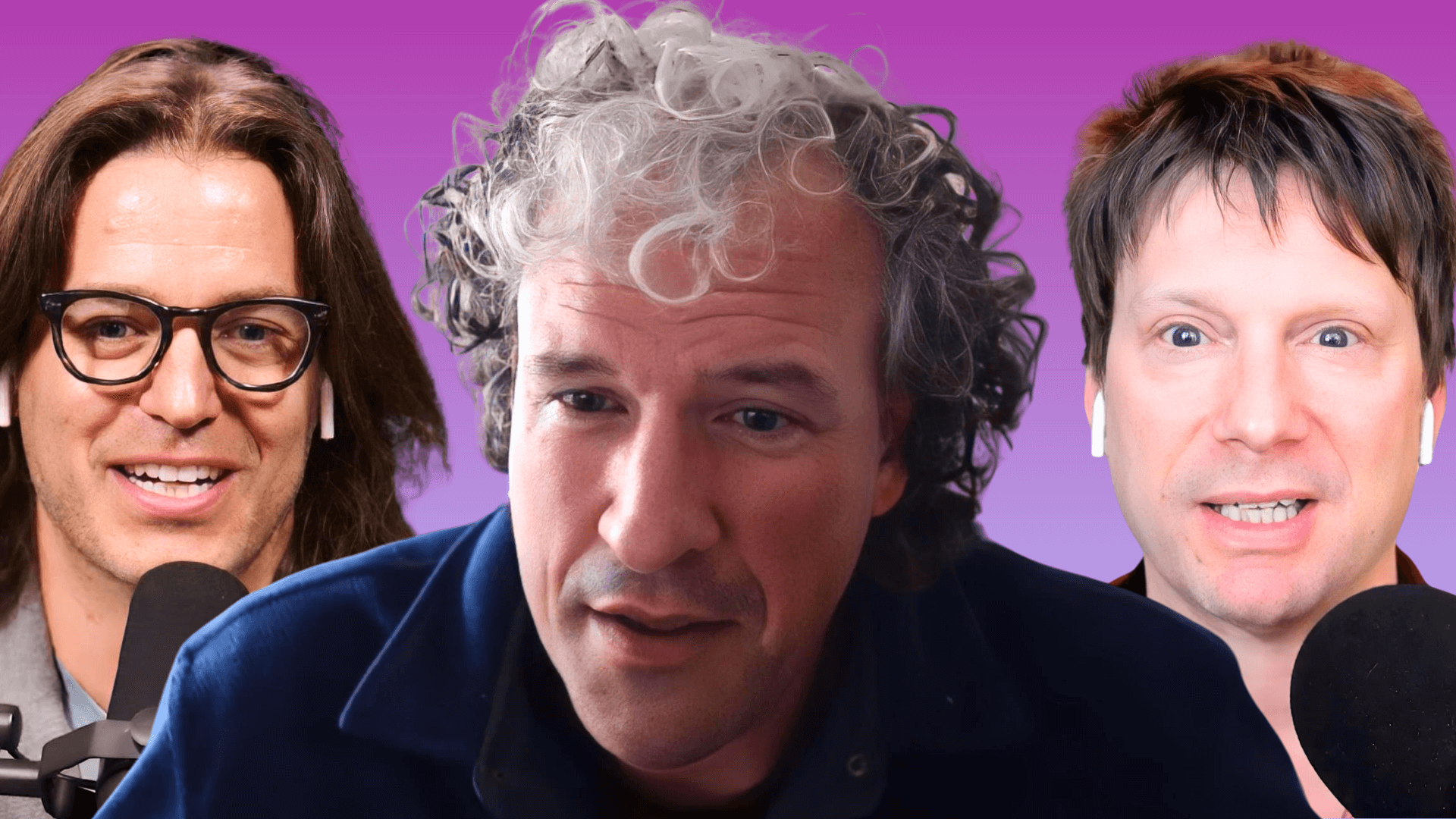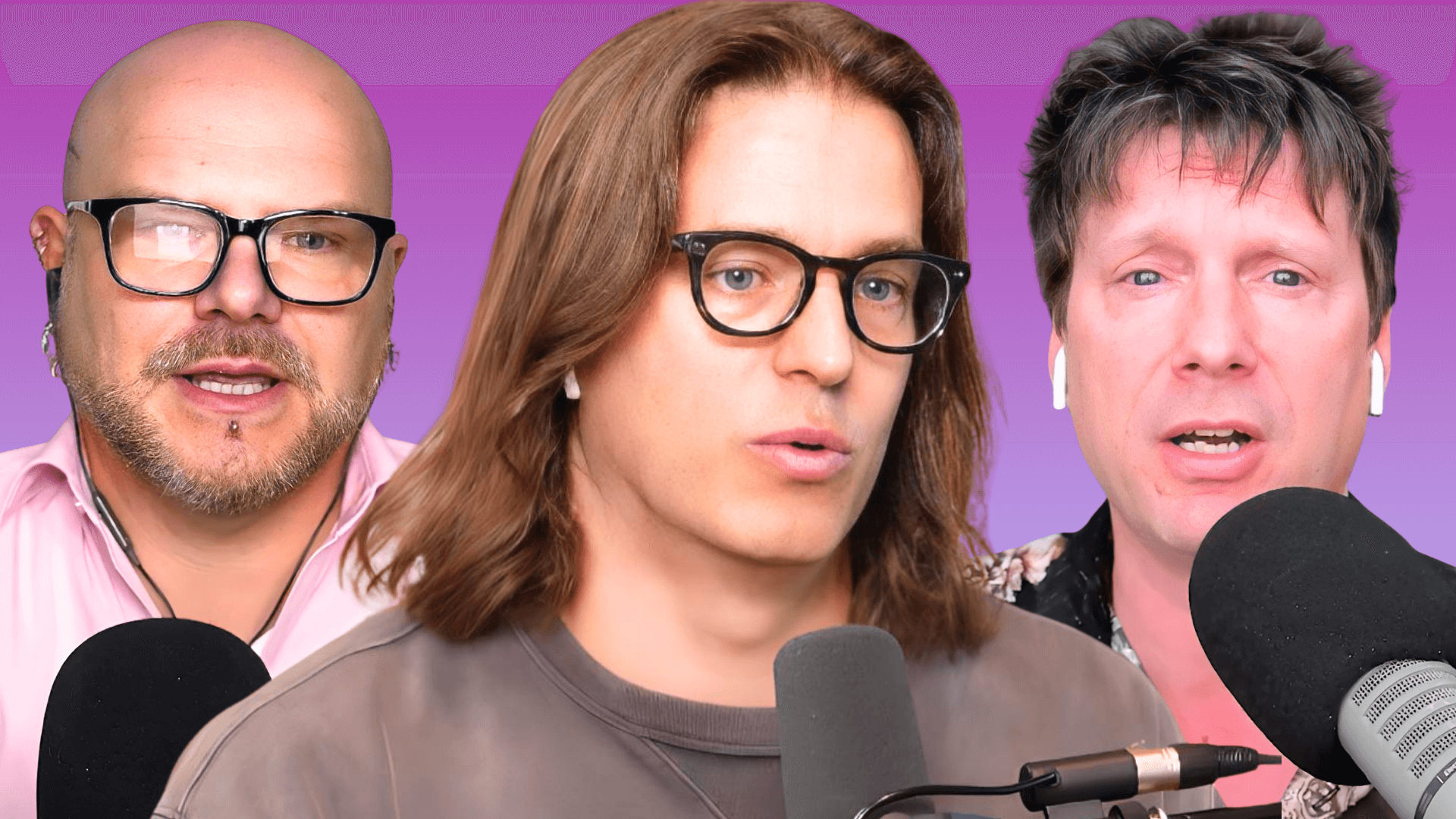Linda Carroll (@Lovecycleslinda), author of Love Cycles: The Five Essential Stages of Lasting Love, revisits the show to talk some sense into us about first love fantasies, knowing the difference between good and bad relationship advice, and why she considers the concept of closure a myth.
“Falling in love is not about relationship compatibility.” -Linda Carroll
The Cheat Sheet:
- Breaking away from first love fantasies.
- Why falling out of love is not a reason to leave a relationship.
- Four good reasons to leave a relationship.
- The myth of closure.
- What we can do to move on from a relationship that’s ended.
- And so much more…
[aoc-subscribe]
Do your eyes steam over as you fondly remember the first time you fell in love and wonder what the person who made you feel that way is up to these days? Do you fantasize about reconnecting, certain he or she was The One who got away and how much better resuming a relationship with that first love would be than trying to fix the lackluster one you’re in today?
Love Cycles: The Five Essential Stages of Lasting Love author Linda Carroll revisits the show to talk some sense into us (as she always does) and dispel the misplaced enchantment that beguiles us about past love, warn us away from bad relationship advice that runs rampant on the Internet, help us overcome the myth of closure, and lots more. Listen, learn, and enjoy!
More About This Show
We all remember our first love. It was a new and exciting experience, probably at a time when our hormones were operating at peak capacity for confusion. Returning guest Linda Carroll, author of Love Cycles: The Five Essential Stages of Lasting Love, likens it to the feeling we get from engaging in an extreme sport for the first time.
“If you think about the first time you did anything that had a rush in it, whether it’s skydiving or repelling or flying an airplane — even being in an airplane — when you think about the first time and you think about the tenth time, which is it that stands out the most?”
Sometimes this rush is enough to derail our lives for years as we convince ourselves that such love is “meant to be,” and we’ll do anything to keep it — including passing up rare opportunities in education, career, and personal lives that may never come again.
Alas, it’s not really the other person with whom we’re infatuated, insists Linda, but the feelings associated with that person that cling to us — perhaps decades past the end of that relationship. At its core, it’s just brain chemistry making a connection that isn’t necessarily accurate.
“The Internet is so full of stories about people that reconnect at their high school reunion or their college reunion and they’re 80 years old and they finally are together and it’s all wonderful,” says Linda. “The Internet doesn’t tell us about the 98 percent of the people who tried it and made a terrible mess. I think about who I was at 18 and how little I knew myself and how little I knew what was right for me and how much of what I was choosing in love had nothing to do with…not only just who I was, but what love is.
“We get lost in these stories looking for The One, which is a big red flag…we can go back to that first one as some kind of an idealized version of something that doesn’t exist.”
Taking a cold, rational look at it from an evolutionary perspective, the feeling we get from falling in love has nothing to do with the notion of romantic, lifelong compatibility — a relatively recent social construct. Rather, this attraction is etched into human DNA as a way to ensure the continuation of the species.
To complicate things further, the intensity of falling in love in a way that feels unique isn’t always confined to that very first time, and it doesn’t just happen to adolescents.
As a marriage therapist, Linda says there’s no shortage of middle-aged clients who insist their current relationship is steeped in a love like none they’ve yet experienced — only to return to her office a few years down the road, perplexed as to how they keep falling into relationships that fizzle out after an initial intensity.
So what wisdom does Linda share for someone of any age who finds themselves in such a rut when it comes to love, but wants to break out of the pattern? First, ignore (or at least consume with a boulder of salt) unqualified advice you find on the Internet regarding relationships — remember: anyone can write a blog about anything; just because someone writes engagingly doesn’t mean they know what they’re talking about.
For every relationship-oriented blog that actually dispenses good advice, Linda finds several that perpetuate inaccurate, irresponsible, and downright destructive advice by people who are writing from a place of emotion and have no educational background in human behavior.
Such a blog might list any of the following as a reason to leave a relationship: if you feel boredom; if sex has slowed down; if you don’t feel in love all the time; if you fight about the same thing over and over; if it takes too much effort; if you like being apart; if you’re too defensive; if you’re having fantasies about an old partner.
If you have a significant other and you’ve experienced one or more of the above, congratulations: you’re in a normal relationship!
As Linda has discussed in previous visits, love has cycles, and we can’t expect any long-term relationship to be an ever-level landscape of glittering rainbows and frolicking unicorns.
“Bad blogs are telling us that, on the first sign that we’re in ordinary life with a person who is an ordinary person…that means the relationship is over…it fits right into the idea that we have in our culture about everything being wonderful and finding The One and true love, and once you find the right one, you just sail smoothly ’til the end of your life. And it really does a lot of harm. So when you read a blog, make sure the person who wrote the blog knows something about what they’re talking about other than what just happened with their first love. Or their third. Or their fifth!”
Listen to this episode of The Art of Charm in its entirety to learn more about why we shouldn’t panic when we no longer experience the “high” we felt at the beginning of a relationship, four good reasons to leave a relationship, what we can learn about ourselves when a relationship goes south, how we might be perpetuating our own cycle of bad relationships and what we can do to break that cycle, why Linda considers the idea of closure in a relationship a myth, and lots more.
THANKS, LINDA CARROLL!
If you enjoyed this session with Linda Carroll, let her know by clicking on the link below and sending her a quick shout out at Twitter:
Click here to thank Linda Carroll at Twitter!
Click here to let Jordan know about your number one takeaway from this episode!
Resources from This Episode:
- Transcript for Linda Carroll | First Love Fantasies and the Myth of Closure (Episode 640)
- Linda’s previous appearances on AoC: Love Cycles (Episode 480), Lasting Love (Episode 512), and The Narcissistic Continuum (Episode 580)
- Love Cycles: The Five Essential Stages of Lasting Love by Linda Carroll
- Linda Carroll’s website
- Linda Carroll’s blog
- Linda Carroll at Twitter
- Why It’s Unhealthy to Obsess over Your First Love by Linda Carroll, mindbodygreen
- Four Things to Do before You Give up on a Relationship by Linda Carroll, mindbodygreen
- Why There’s No Such Thing as Closure by Linda Carroll, mindbodygreen
- Jay Mohr | Mohr Stories (Episode 639)
- Anderson Cooper on Lack of Closure After Brother’s Suicide: ‘It Doesn’t Exist’ by Michael Rothman, ABC News
You’ll Also Like:
- The Art of Charm Challenge (click here or text AOC to 38470 in the US)
- The Art of Charm Bootcamps
- Elite Human Dynamics
- Best of The Art of Charm Podcast
- The Art of Charm Toolbox
- The Art of Charm Toolbox for Women
- Find out more about the team who makes The Art of Charm podcast here!
On your phone? Click here to write us a well-deserved iTunes review and help us outrank the riffraff!




